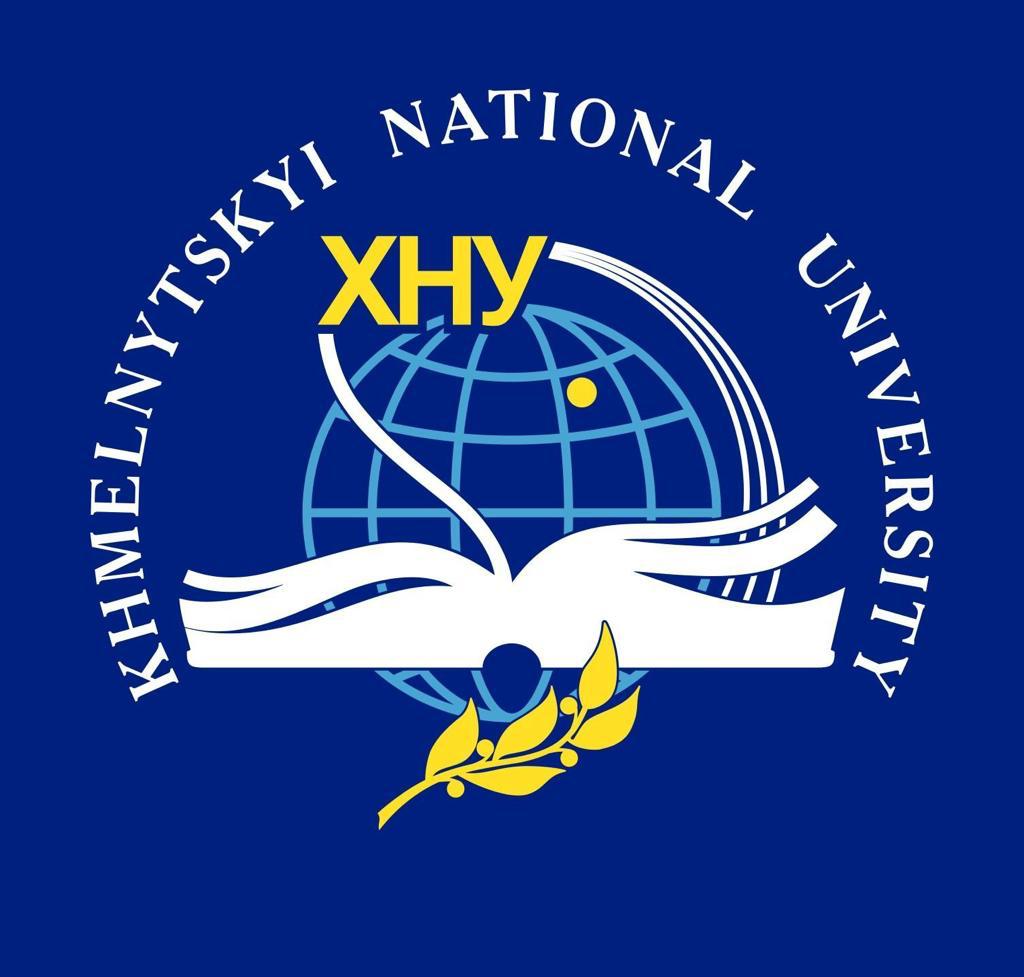FORMATION OF THE PROFESSIONAL COMPETENCE OF THE FUTURE TEACHER OF THE INSTITUTION OF HIGHER EDUCATION IN STUDYING THE EDUCATIONAL COMPONENT "PROFESSIONAL RHETORIC"
DOI:
https://doi.org/10.31891/pcs.2024.1.38Keywords:
teacher, specialist, future teacher, professional competence, higher education institution, educational component, professional rhetoricAbstract
In the modern understanding, the concept of "competence" is considered as the ability or readiness to apply acquired knowledge, abilities and skills in real activity. The key components of competence are subject and operational knowledge, skills and abilities, as well as confidence in activity and responsibility for its results.
In global educational practice, the concept of competence acts as a central concept that combines the intellectual and practical components of education.
Among the knowledge and practical experience that is formed in the process of a person achieving a certain level of competence, it is possible to distinguish the skills of self-education, critical thinking, independent work, self-organization and self-control, teamwork, the ability to predict the results and possible consequences of various solutions, establish cause-and-effect relationships connections, find, formulate and solve problems.
This text describes important aspects of the formation of professional competence of teachers in higher education, in particular in the context of studying the educational component "Professional Rhetoric". Competence is considered as a central concept, which includes the intellectual and practical component of education, and also determines the content of education, which is formed as a result. This approach to the formation of the competence of teachers helps to prepare them for the effective performance of their professional duties in various conditions, in particular in the context of studying the educational component "Professional Rhetoric", where special communicative skills are required, because the communicative demands of a democratic society and the developmental goals of education require appropriate attention to the development of students' communication skills. Pedagogical rhetoric, which focuses on the formation of the ability to think, influence others and argue one's own opinions, is key in this process.
References
Abramovych, S. D. (2001). Rytoryka : [navch. posib.]. Lviv : Svit. 240 s.
Bondarenko, H. L. (2012). Istoriia pedahohichnoi rytoryky : [navch. posib.]. Kyiv : Personal. 276 s.
Volkova, N. V. (2006). Profesiino-pedahohichna komunikatsiia : [navch. posib.].Kyiv : Akademiia, 256 s.
Holub, N. B. (2008). Rytoryka u vyshchii shkoli : [monohrafiia]. Cherkasy : Brama-Ukraina. 400 s.
Drozdova, I. P. (2015). Formuvannia ukrainskomovnoi rytorychnoi kompetentnosti maibutnikh vykladachiv nefilolohichnykh dystsyplin. Aktualni problemy formuvannia rytorychnoi osobystosti vchytelia v ukrainomovnomu prostori : [zb. nauk. prats (za mat-my Vseukrainskoi naukovo-praktychnoi Internet-konferentsii 23 kvitnia 2015 r.)] ; za red. prof. K. Ya. Klymovoi. Zhytomyr : Vyd-vo ZhDU im. I. Franka. S. 43–49.
Kapska, A. Y. (1997). Pedahohika zhyvoho slova : [navch.-metod. posib.]. Kyiv : IZMN. 140 s.
Kyselytsia, O. M. (2013). Formuvannia fakhovoi kompetentnosti mahistrantiv spetsialnostei «Fitnes i rekreatsiia» ta «Fizychne vykhovannia» pry vyvchenni dystsypliny «Lektorska maisternist». Naukovyi visnyk Chernivetskoho universytetu : zb. nauk. pr. : Pedahohika ta psykholohiia. Chernivtsi : Chernivetskyi nats. un-t. Vyp. 643. S. 68-73.
Klymova, K. Ya. (2015). Lektsiine krasnomovstvo u pidhotovtsi maibutnikh uchyteliv-rytoriv do profesiinoi diialnosti. Aktualni problemy formuvannia rytorychnoi osobystosti vchytelia v ukrainomovnomu prostori : [zb. nauk. prats (za mat-my Vseukrainskoi naukovo-praktychnoi Internet-konferentsii 23 kvitnia 2015 r.)] ; za red. prof. K. Ya. Klymovoi. Zhytomyr : Vyd-vo ZhDU im. I. Franka. S. 23–28.
Kotilova, N. A. (2007). Rytoryka : navch. posibnyk. Kyiv : Tsentr uchbovoi literatury. 232 s.
Kurinna, A. F. (2014). Rozvytok rytorychnykh mozhlyvostei osobystosti v profesiinii pedahohichnii diialnosti. Shliakhy formuvannia profesiinoi kompetentnosti vchytelia-slovesnyka v protsesi vykladannia filolohichnykh dystsyplin : [monohrafiia]. Zaporizhzhia : Aktsent Invest-treid. S. 30–55.
Marionda, I. I. (2016). Formuvannia profesiino-osobystisnykh kompetentnostei fakhivtsia fizychnoi kultury u protsesi zaniat fizychnoiu pidhotovkoiu i sportom : monohrafiia. Uzhhorod : PP «AUTDOR-ShARK». 212 s.
Matsko, L. I. (2006). Rytoryka : [navch. posib.]. Kyiv : Vyshcha shk., 2006. 311 s.
Metodyka navchannia rytoryky v shkoli (2014) : [navch. posib.] / avtor-ukladach V. A. Nyshcheta. Kyiv : Tsentr uchbovoi literatury. 200 s.
Nikitina, A. V. (2013). Pedahohichnyi dyskurs uchytelia-slovesnyka : [monohrafiia]. K. : Lenvit, 2013. 338 s.
Palytsia, H. S. Metamova pedahohichnoi rytoryky yak aktualna problema komunikatyvnoi linhvistyky. Lviv Polytechnic National University Institutional Repository. S. 107-111. [Elektronnyi resurs]. Rezhym dostupu: http://ena.lp.edu.ua.
Pedahohichna rytoryka (2016) : istoriia, teoriia, praktyka : monohrafiia; za red. O.A. Kucheruk. Kyiv : KNT. 258 s.
Pinchuk, Yu. V. (2015). Rytoryka, kultura ta tekhnika movlennia korektsiinoho pedahoha : [navch. posib.]. K. : KNT. 160 s.
Pichuhina, T. (2009). Pokrashchennia lektorskoi maisternosti vykladacha vyshchoi shkoly – shliakh do profesiinoi maisternosti. Visnyk Lvivskoho universytetu. Seriia Pedahohichna. 2009. Vyp. 25. Ch. 3. S. 61-69.
Praktykum z metodyky navchannia movoznavchykh dystsyplin u vyshchii shkoli (2015) : [navch. posib.] / O. M. Horoshkina, S. O. Karaman, Z. P. Bakum ta in. ; za red. O. M. Horoshkinoi, S. O. Karamana. K. : AKME HRUP. 250 s.
Sahach, H. M. (2000). Rytoryka : [navch. posib.]; [vyd. 2-e, pererob.]. Kyiv : In Yure. 568 s.
Semenoh, O. (2011). Akademichna lektsiia yak profesiinyi komunikatyvnyi fenomen. Estetyka i etyka pedahohichnoi dii : zb. nauk. prats. Vyp. 2. S. 91-101.
Suchasna pedahohichna rytoryka (2017): teoriia, praktyka, mizhpredmetni zviazky : [zb. nauk. prats za materialamy nauk. seminaru] ; za red. T. A. Kosmedy. Lviv : PAIS. 267 s.





